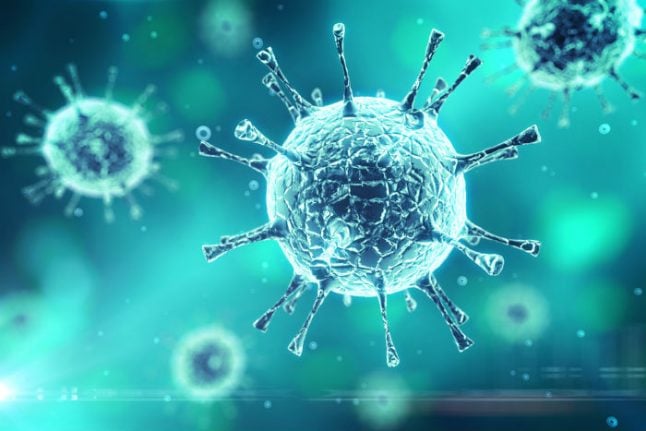The 53-year-old licenced physiotherapist was first convicted in Stockholm District Court back in December 2005 on charges of child rape, sexually exploiting a minor, paying for sexual services, and endangering the life of another.
The charges stemmed from a series of sexual encounters between the physio and a 14-year-old boy he met via the internet, as well as from other instances in which he paid men to engage in various sexual acts.
In each case, the 53-year-old had unprotected sex with each partner after failing to inform them that that he was HIV-positive, as is required by Swedish law.
According to court documents reviewed by The Local, the physio claimed at the time of the trial that he neglected to inform the boy and other men that he was infected with the virus that causes AIDS because various illnesses had affected his judgment.
He also claimed he wasn’t aware that the boy was only 14-years-old, despite the boy’s age being clearly stated in his website personal ad, a copy of which was found saved in the man’s computer.
The other men with whom the 53-year-old had had unprotected sex all testified that they believed he knew the boy was under 15-years-old, the legal age of consent in Sweden.
The man’s conviction was upheld by the Svea Court of Appeal in June 2006 and he was sentenced to four years in prison.
But his physiotherapist licence was never revoked and he remains authorized to practice pending a ruling from Sweden’s Medical Responsibility Board (HSAN).
According to Marie Hansson, a lawyer with Sweden’s National Board for Health and Welfare (Socialstyrelsen), the courts are supposed to inform the agency of rulings involving licenced medical professionals.
“The judgment was never sent,” she told The Local.
“As far as I can tell, we never received anything from the courts in this case.”
She is troubled that a bureaucratic glitch has meant that the 53-year-old’s licence has yet to be reviewed more nearly four years after he was convicted for the statutory rape of the 14-year-old boy.
“This shouldn’t happen if the systems works as it’s supposed to,” she said.
She added however, that the decision as to whether the physiotherapist is allowed to keep his licence now rests with HSAN and that it may take several months for the matter to be settled.
In the mean time, he is free to continue practicing.
According to records with Bolagsverket (Swedish Companies Registration Office), the man founded a new company in northwest Stockholm in February specializing in “sports and sports medicine”.
Repeated attempts by The Local to reach the 53-year-old were unsuccessful.



 Please whitelist us to continue reading.
Please whitelist us to continue reading.